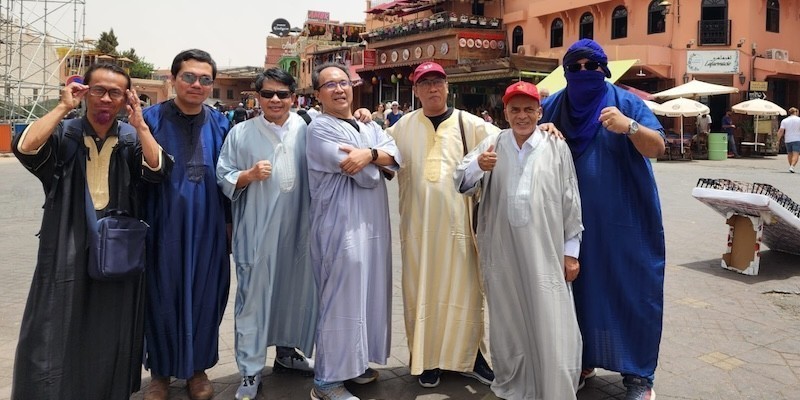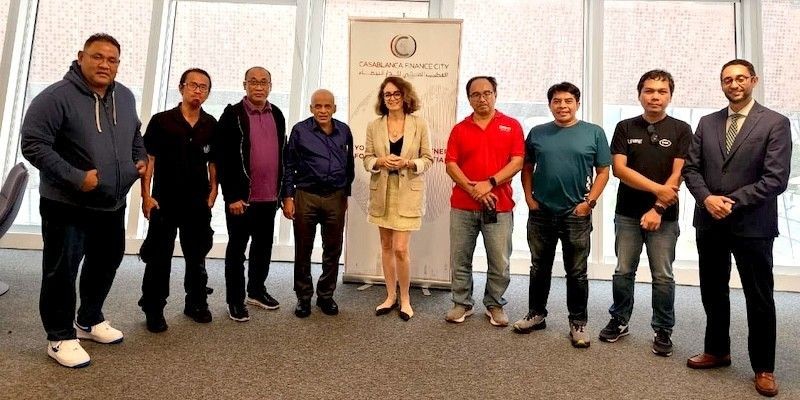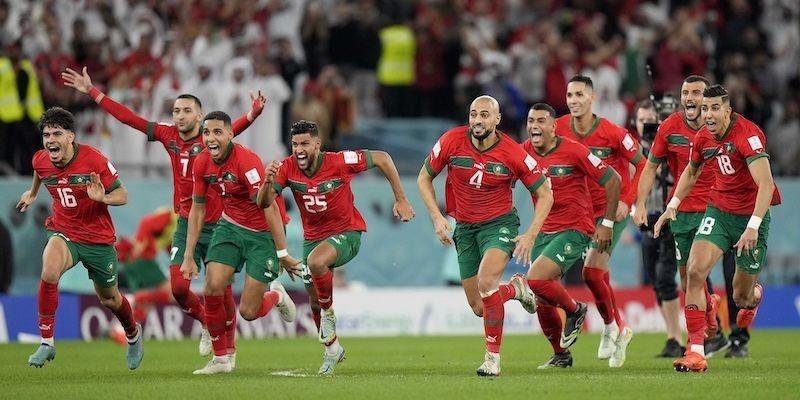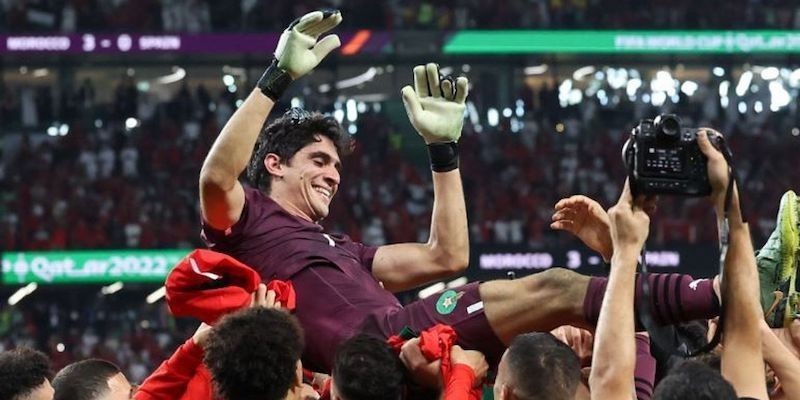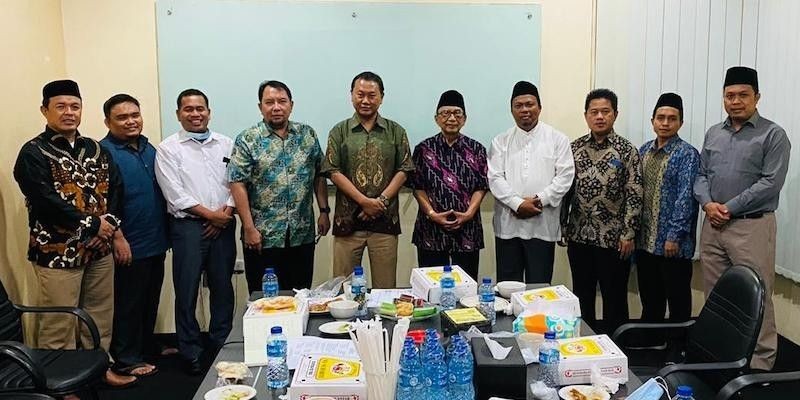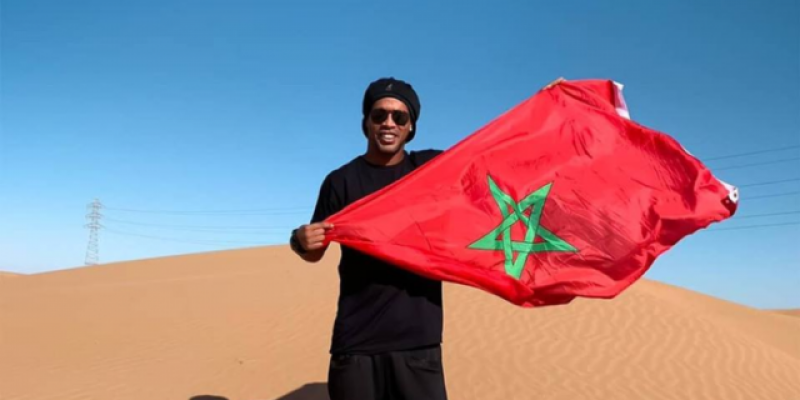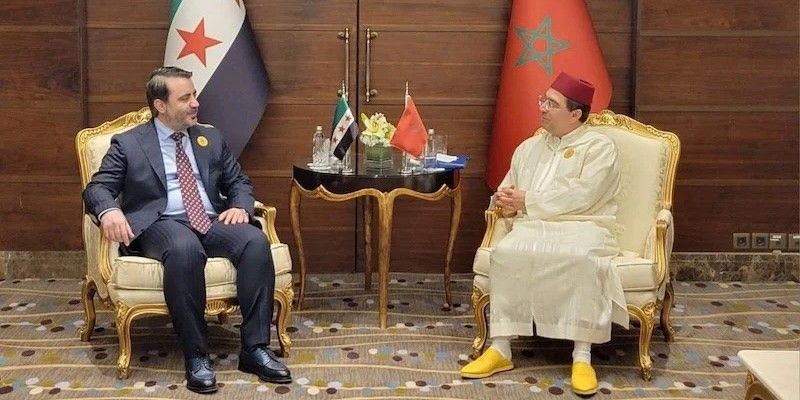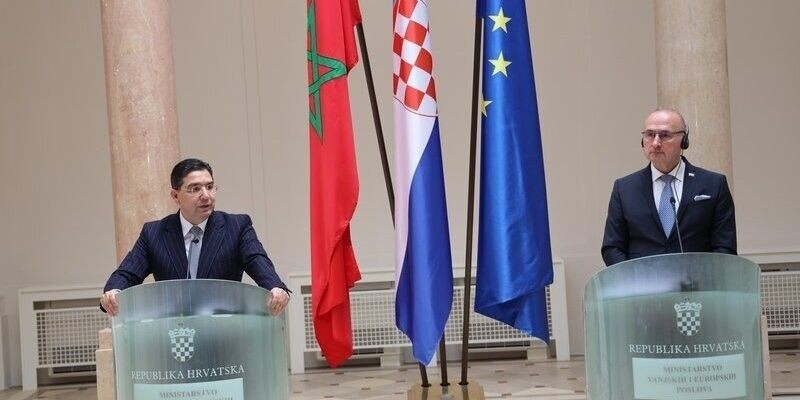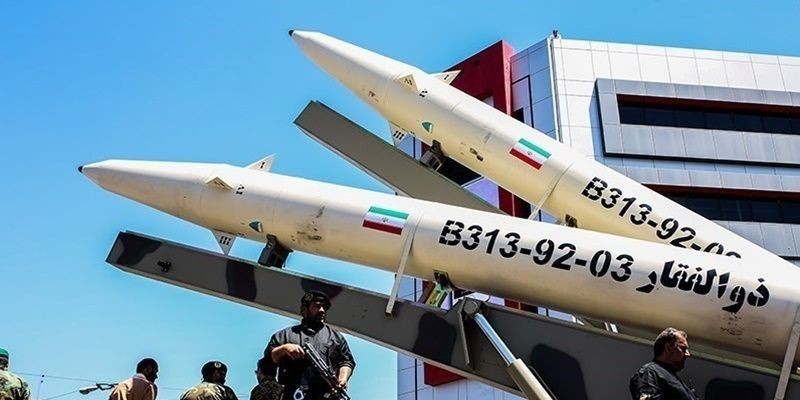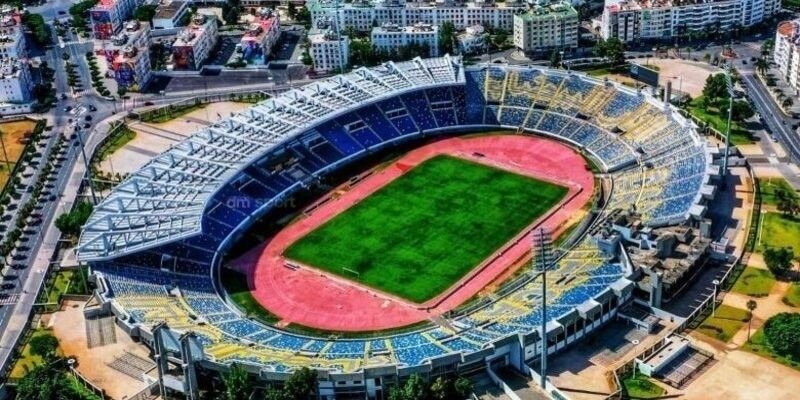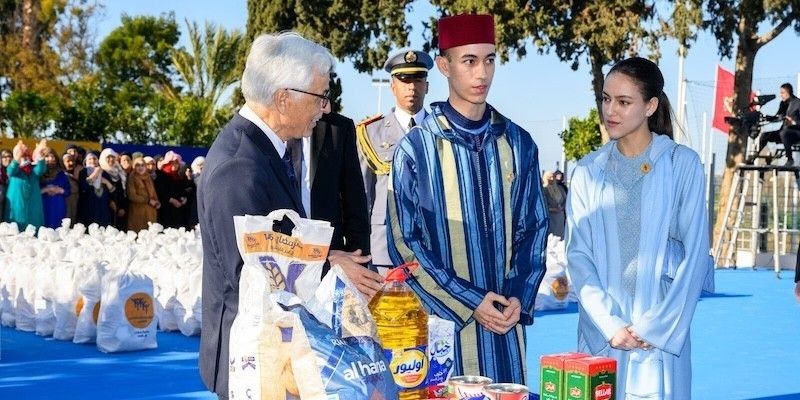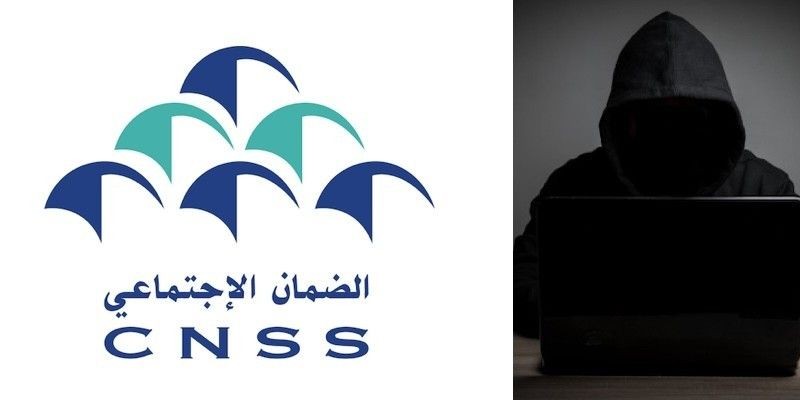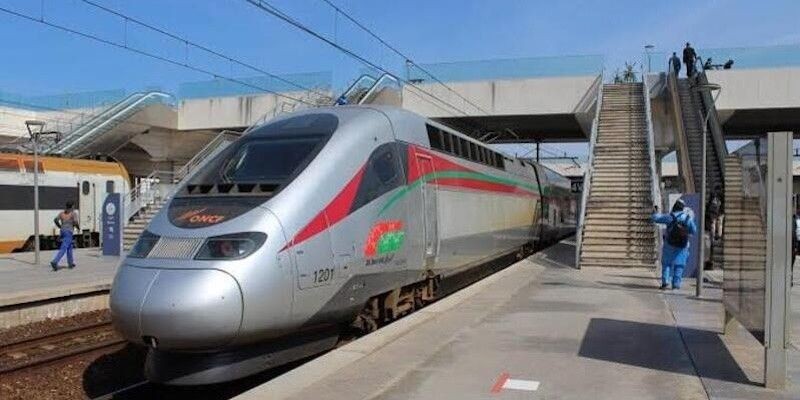Thank you very much for this opportunity to speak before the 4th Committee of the UN General Assembly on the issue of Western Sahara.
My name is Teguh Santosa. I am a lecturer at the Indonesia Islam University, teaching international conflict resolution. I am also a journalist for Rakyat Merdeka at Jakarta.
For me the arguments following this dispute on Western Sahara are quite similar with what Indonesia had in the last decade. It contains debates on the subject of historical and cultural conundrum, as well as the postcolonial and cold war syndrome.
Last year I visited Morocco for the first time. I met ordinary people on the streets and markets, NGOs activists, journalists and civil society groups. I walked freely everywhere.
I also went down to Western Sahara in the southern part of Morocco, where I also met ordinary people, youths, NGOs activists, journalists, and parliament members. Former refugees from Tindouf camp talked about their experiences in the midst of conflict. Your Excellency,
I found Morocco as a steady, secure and yet democratic state. Its degree of democracy is relatively high.
As all of us understand, democracy is not only about having numbers of political parties and having frequent general elections, and so on. Democracy is far beyond those things. It is more about whether all members of society and state are equally having opportunity to practice their rights and responsibilities. Furthermore democracy, as we all believe, is about welfare and prosperity.
In Western Sahara, government has been working hard to answer the query of wealth. I observed a desalination installation producing more than enough water not only for Laayoune�s citizens, but also for other cities� close to it. I also visited modern fish market and had a chance talking with the fishermen group.
Laayoune�s beaches are full with families and youths.
In Boujdour, the head of local government showed me two pictures of the seaside land marking the city; one was taken from sometime in 1975 portraying Boujdour as an empty fishing port with small number of fishermen houses and a lighthouse; another one was taken quite recently showing a newly built amusement park at the same coastline full with lights and of course people that pretty much enjoy the night. I passed a good quality road with newly built houses as the replacement of the slum settlements on its side.
In Dakhla I visited greenhouses where government plans vegetables for Dakhla�s inhabitants. There is also an on going construction project of a big seaport that can be used to cross the Atlantic Ocean.
Those are signals of democracy in Sahara.
Your Excellency,
I was in Morocco when the referendum took a place last July. I witnessed how people eagerly came to the poll station and exercised their vote. As a result, majority of voters approved the new constitution.
Perusing the new constitution we find the presence of a commitment toward a strengthened democracy. It gives more power to the people�s representatives in the parliament, more rights to women, and more protection to the human rights. Yet Berber is acknowledged as an official language, alongside Arabic. Etc.
Your Excellency,
I spoke with people coming back from Tindouf camps. They escaped from an awkward situation inside the camp; the absence of rights of freedom of speech, expression and association; the denial of freedom of movement, and the right to leave the camps; the denial access to adequate food and medical care; and also the denial of protection from military personnel and a military environment. Lately we find reports about intimidation, punishment and torture inside the camp. Others report find that the Polisario�s elites have corrupted the food and medicines donated by international organizations and sold it in other countries around Sahara.
Last year, I made a phone call with Mostapha Selma Sidi Mouloud, former Polisario�s chief of police. In September 2010 he visited his father in Smara, Western Sahara. There he found Western Sahara is just totally different with the one he has in his imagination. Realizing this he argued his Polisario fellows to change their perspective in looking at solution. He believed special autonomy offered by Morocco is the best solution to end the conflict.
His statement has dissatisfied Polisario leadership.
Few days later he was captured by Polisario militia and was detained for sometimes. He�s still until today denied the right to live with his kids and wife, and forced to be in exile in Mauritania.
I should say it is international community�s obligation and responsibility to intervene the degenerated human right situation in Tindouf. I appreciate the Security Council Resolution 1979 (2011), which for the first time mentioned the necessity to apply the census of the Sahrawi populations living in the camps.
Your Excellency,
I have mentioned Indonesia has experienced quite similar case in the past. Many of us have used it as comparison in looking for suitable model to end the Western Sahara dispute.
I should put an underline the fact only in democratic circumstances Indonesia can solve the problem in peacefully manner. As its result, Aceh and Papua nowadays enjoy special autonomy status.
Thus I believe only in genuine democracy we can solve the dispute we are handling now. Special autonomy offered by Morocco is an outcome of high-degree democracy in Moroccan society. Obviously Morocco is showing its commitment and working hard on it.
It is the other party who does not have any level of democracy. That is why the way they look at the dispute is one-eyed: win or lose.
Thank you.
Teguh Santosa
Manhattan, October 6, 2011


